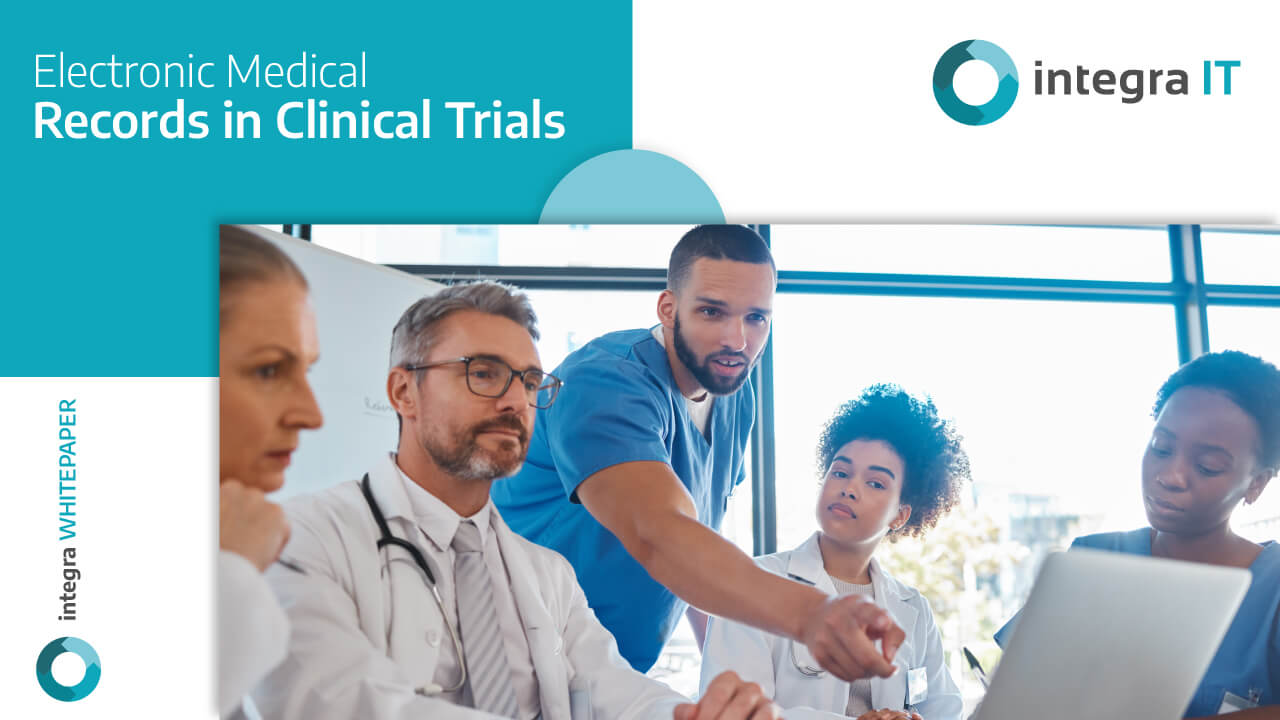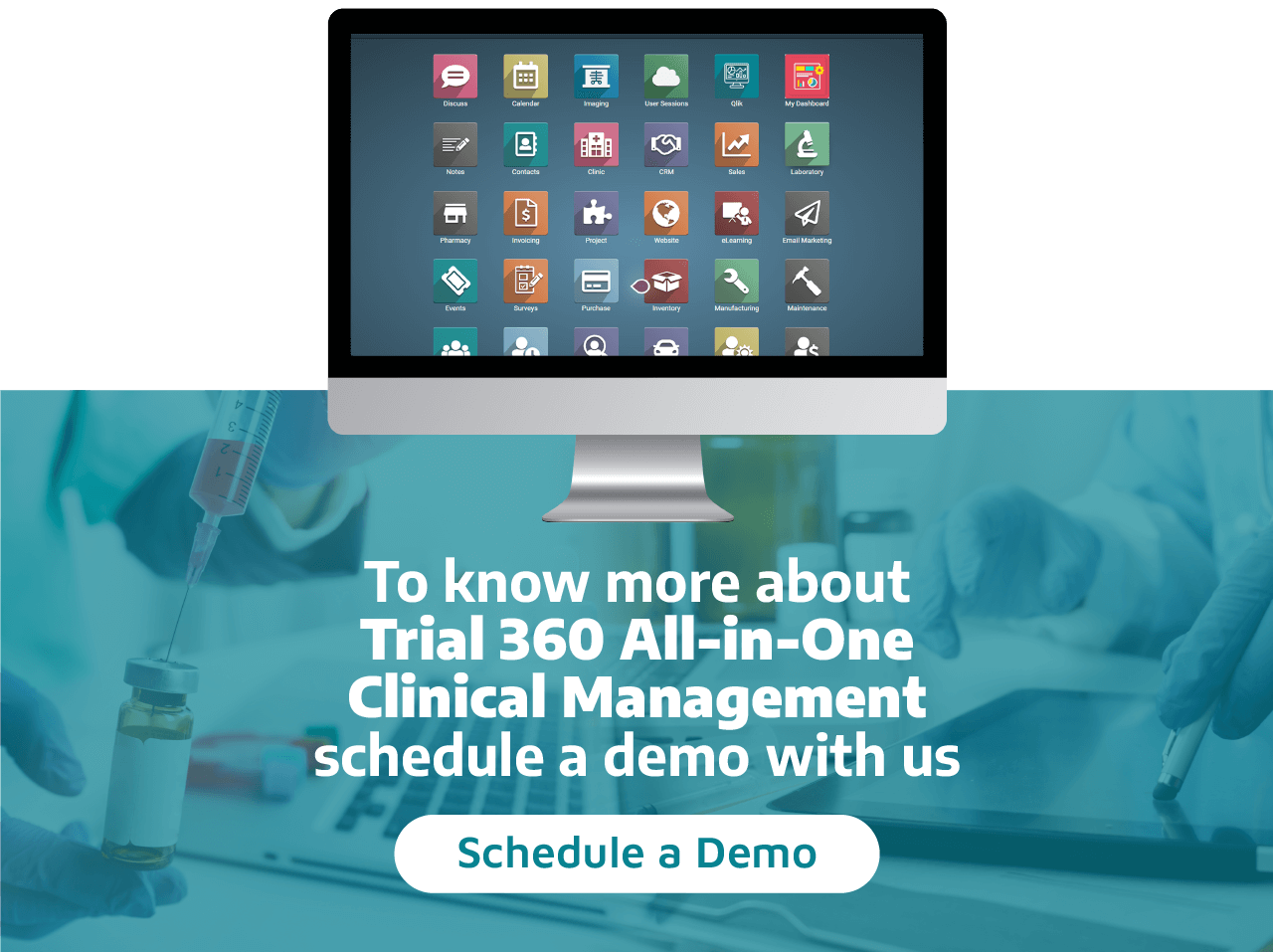Table of Contents
For many research centers or networks, traditional methods such as paper documentation and non-integrated systems have become major bottlenecks, slowing down processes and compromising data accuracy.
The Instituto de Investigations Clinicas Mar del Plata in Argentina faced similar challenges but transformed its operations by implementing an electronic source document and a Clinical Trial Management System (CTMS). Watch the video to learn more about their story:
These key solutions led to greater efficiency, participant management, and overall trial quality through Integra IT’s solutions.
Challenges Faced
The Instituto de Investigaciones Clínicas Mar del Plata has been at the forefront of clinical research for over 18 years, focusing on developing clinical trials in therapeutic areas such as cardiometabolic, oncology, and infectious diseases. However, as their studies became more complex, particularly with the onset of the COVID-19 pandemic and the need to conduct large-scale trials, the limitations of their existing infrastructure became apparent.
- Paper Documentation: The reliance on physical records created inefficiencies in data entry, storage, and retrieval, leading to potential errors and delays.
- Non-Integrated Systems: The lack of a cohesive system to manage trial data made it difficult to coordinate between different departments and maintain accurate participant records.
- Language Barriers: The previously used tool often provided technical support in a different language, leading to frequent communication failures that hindered problem-solving.
The Solution: Implementing an All-in-One Tool
Recognizing the need for a significant change, the Institute partnered with Integra IT to revolutionize its clinical trial processes. The key components of the provided Trial360 solution included:
- Electronic Source Document: This system enabled seamless integration of participant data, providing a single source of truth for all clinical records. The shift from paper to electronic records eliminated many of the errors and inefficiencies previously encountered. This technology also improved the accuracy and timeliness of data collection and integrated clinical data with the administrative area, leading to better teamwork.
- Clinical Trial Management System (CTMS): By adopting this system, the Institute was able to streamline clinical trial management from start to finish. This system facilitated the planning, tracking, and reporting of all trial activities, ensuring compliance with regulatory requirements and enhancing the overall quality of the studies.
- CRM – Participant Management: The use of a participant management system allows for the management of potential patient opportunities as well as the exploration of databases to search for participants.
The Results: Increased Efficiency and Quality
The implementation of these advanced technologies had a profound impact on the Institute’s clinical trial operations:
- Increased Operational Efficiency: With the transition to electronic systems, the Institute was able to significantly reduce the time spent on data entry and management. This allowed researchers to focus more on the actual trials and less on administrative tasks.
- Improved Data Quality and Accuracy: The use of a validated system had a major impact, particularly on visit and fee billing. With a user-friendly and intuitive platform, data is accurately captured in real-time, reducing the risk of errors and improving the reliability of trial results.
Customer Service
Conclusion
The experience of the Instituto de Investigaciones Clínicas Mar del Plata underscores the importance of adopting modern technologies in clinical research. By implementing a technological solution that integrates the center’s clinical and administrative processes, they have reduced the time spent on data entry and management, positively impacting visit and medical fee billing. Additionally, they now have technical support that listens to them, understands their needs, seeks solutions, and communicates with them in their local language.




